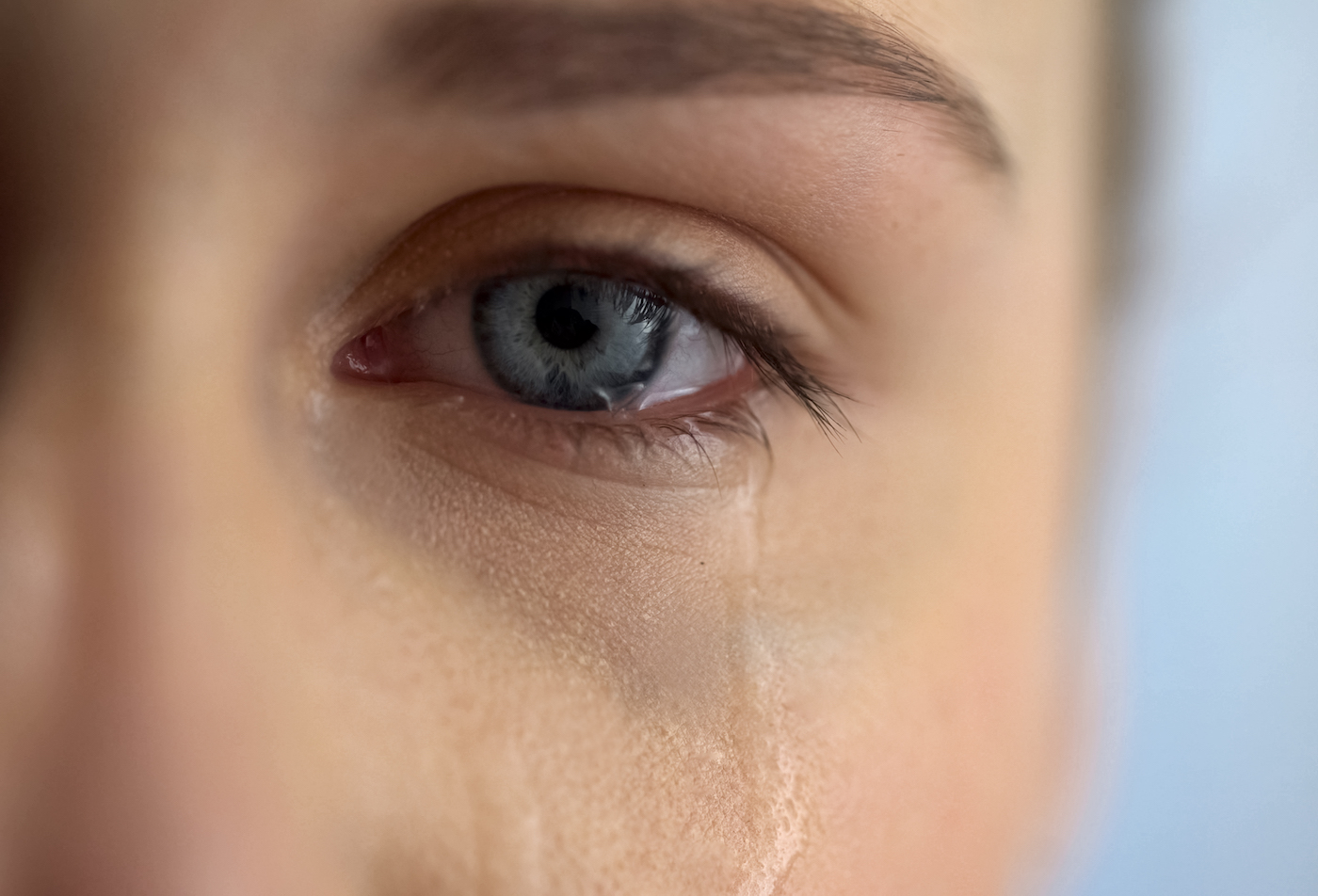What does it mean to “weep in the archives”?

For me, it means connecting emotionally with the history that is – or isn’t – documented. It means expressing empathy with a community or a person separated from you by a vast expanse of time. It means recognising that there were real people – with real pain, real joy, and real sorrow – that lived through the history that we read of.
Throughout Arts Scholars this year, and particularly in the past few weeks, I have come to recognise that emotion and research are inevitably intertwined. Whether through numbers or words, research tells the stories of people, contributing to a deeper understanding of humanity itself. Our approach and connection to these stories, much like to other people, are framed by our experiences, beliefs, values, and identity. Thus, how can we keep emotion out of the picture?
Kate Hannah, in her lecture, spoke of weeping in the archives, and such a personal connection to research struck a chord with me. Although this year has not found me weeping physically in archives, I have mourned the lack of knowledge I have of the nation in which I have lived all my life. I have grieved the lack of a connection to my identity as a Māori woman in Aotearoa. I have lamented over the fact that there is still so much pain caused by continuing colonisation. This mourning has directed my learning, framing the way that I consume research.

Approaching stories of the Battle of Rangiaowhia for my memory project, I was shocked by the way a pā that was home to who would generally be termed “non-combatants” was attacked. Women and children were targeted on the morning of a day many of them considered sacred. Whether 30 (as British records tell) or over 100 (as Māori oral history records) were casualties of this “battle”, it had such a profound impact on the community. The battle, or massacre as some remember it, left an iwi “landless” and so deeply affected some women, they named their children after it. 1 The pain did not cease when the war ended but continued for generations. Often, it seems that emotion is intentionally avoided in scholarship as if it muddies the waters of fact. Yet research naturally causes an emotional response through empathy. If an event so emotionally impacted the people of the time, why should we be stoic when reading of it?
Our history shapes who we are. Holding it at arm’s length to examine through an emotionless lens means that we neglect to acknowledge the humanity that connects us through time. Sometimes a cry in the archives is needed as we are reminded that research is personal and emotion is part of being human.




I enjoyed reading your post, I found it to be both thought provoking and emotional. I like how succinctly you addressed emotions in history and record keeping. Why should we be stoic, or unaffected when reading and discussing history? Especially when the majority of history is really intense, and tough material. I really liked your point about how we shouldn’t neglect humanity, and that it can connect us through time.
Approaching history with a hard exterior, so to speak, seems pointless to me. Of course the purpose of someone’s history research may be different from another’s, but if you’re using the past to talk about the present, or the future, then of course the emotional reaction of not only yourself but also your audience should be considered. Tales are powerful things precisely because people react emotionally to them – they can help change the world.
Hi Kylie, I actually had to write this comment twice because the silly thing wouldn’t save, super frustrating! I wanted to respond both to your comment on my post, and to your post which is wonderfully written and very topical 😊 One issue that I have found this year is the extent to which accounts of history and discourse around war in scholarship tend to be quite bloodless and sanitized, which can be desensitizing to those who read it – I absolutely agree that it seems ‘emotion is intentionally avoided in scholarship as if it muddies the waters of fact’. I’ve been considering the idea throughout the course that in some ways it seems a disservice not to incorporate some understanding and analysis of the experiences people were facing in favour of a purely objective discourse. Quantitative research often focuses on numbers and statistics in terms of war casualties, instead of helping us to comprehend what these numbers actually mean. Thousands, hundreds of thousands, millions of deaths in WW1 and WW2 – numbers so staggering that it’s very difficult to grasp what that would mean in an everyday context. I was also reminded about what Lucy Mackintosh was saying about the bombing of Dresden – in the museum is says “Bomber command made a significant contribution to the war, but at the cost of hundreds of thousands of civilian lives”. The retelling of historical events certainly depends on the vantage and perspectives of those writing it – often those who were victorious in combat/at the end of the wars. But to appreciate the losses of the enemy, and the destruction to culture and life is also very important, and reminds us in research that sometimes the emotion and scope of the past needs to be put back in, to connect us with what happened. So, you’re absolutely right, and as you said in your comment, history was the present at one point – this was the lived reality. Totally agree about the separation of disciplines as well – it seems so strange that we are taught subjects as being mutually exclusive as in reality, they are all intertwined, and help us understand different aspects of the world in different ways. (Apologies for this being so long, I had a lot of thoughts). Thank you for your post, and all the best for exams!